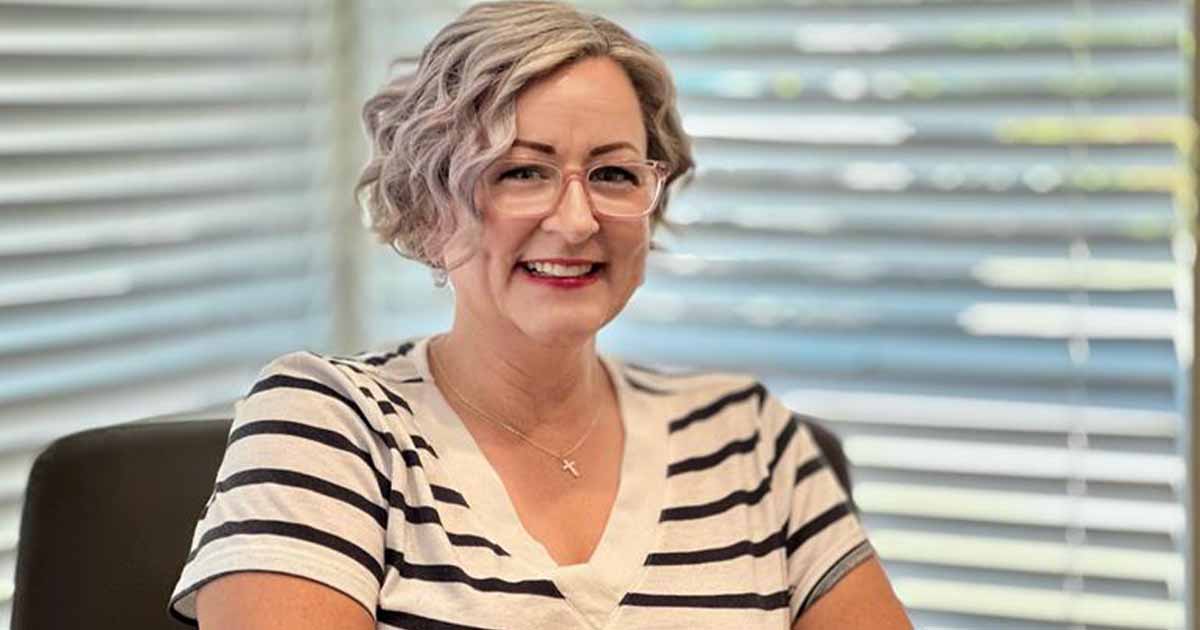Patient engagement empowers both providers and patients to improve health literacy and build a sense of responsibility when it comes to personal health management when providers equip patients outside of the initial clinical encounter.
Time limits those interactions, however, and hinders the effects on improvement.
“Time is the rate limiter to success,” said Christina Hoffman, vice president of strategy and quality for Medscape Education. “Systemically we need to help providers understand how to extend their time with patients.”
Clinicians, for example, can use the waiting room as a pre-engagement or preparation space, Hoffman explained.
“If we are to see improvement in patient activation and engagement we must use the time before and after the encounter to pull through using all mediums and techniques proven to work - like digital, hard copy and verbal - and taking into account learning preferences in that endeavor,” she added.
As a whole, the industry still needs to work on educating its providers, beginning in med school. Doing so could enable them to creatively manage time limits within the patient encounter.
Healthcare reform has created the tools to better patient care and engagement, but Hoffman explained that if the industry doesn’t “figure out how to facilitate this, we’re doing nothing more than using that lever to put the clinician into a corner.”
In her role at Medscape, Hoffman is responsible for the company’s positioning the educational marketplace where the biggest challenge is equipping providers in the severely time-limited interaction.
While patients struggle with understanding their role in personal health management, physicians are dealing with the pressure of providing timely clinical knowledge, recording data, diagnosing and communicating with both the patient and caregiver, all while managing expectations of care and treatments.
Patients can help the provider and themselves by providing data from outside the clinical encounter, Hoffman explained. This can give the provider a more complete understanding to address the patient’s health.
Hoffman and Jamie DeMaria, senior vice president of Medscape Education will present these ideas during the HIMSS17 session titled, “Uncover Beliefs about Patient-Generated Health Data,” on Feb. 20, 2017 at 1:30 PM in Hall F3.

This article is part of our ongoing coverage of HIMSS17. Visit Destination HIMSS17 for previews, reporting live from the show floor and after the conference.


